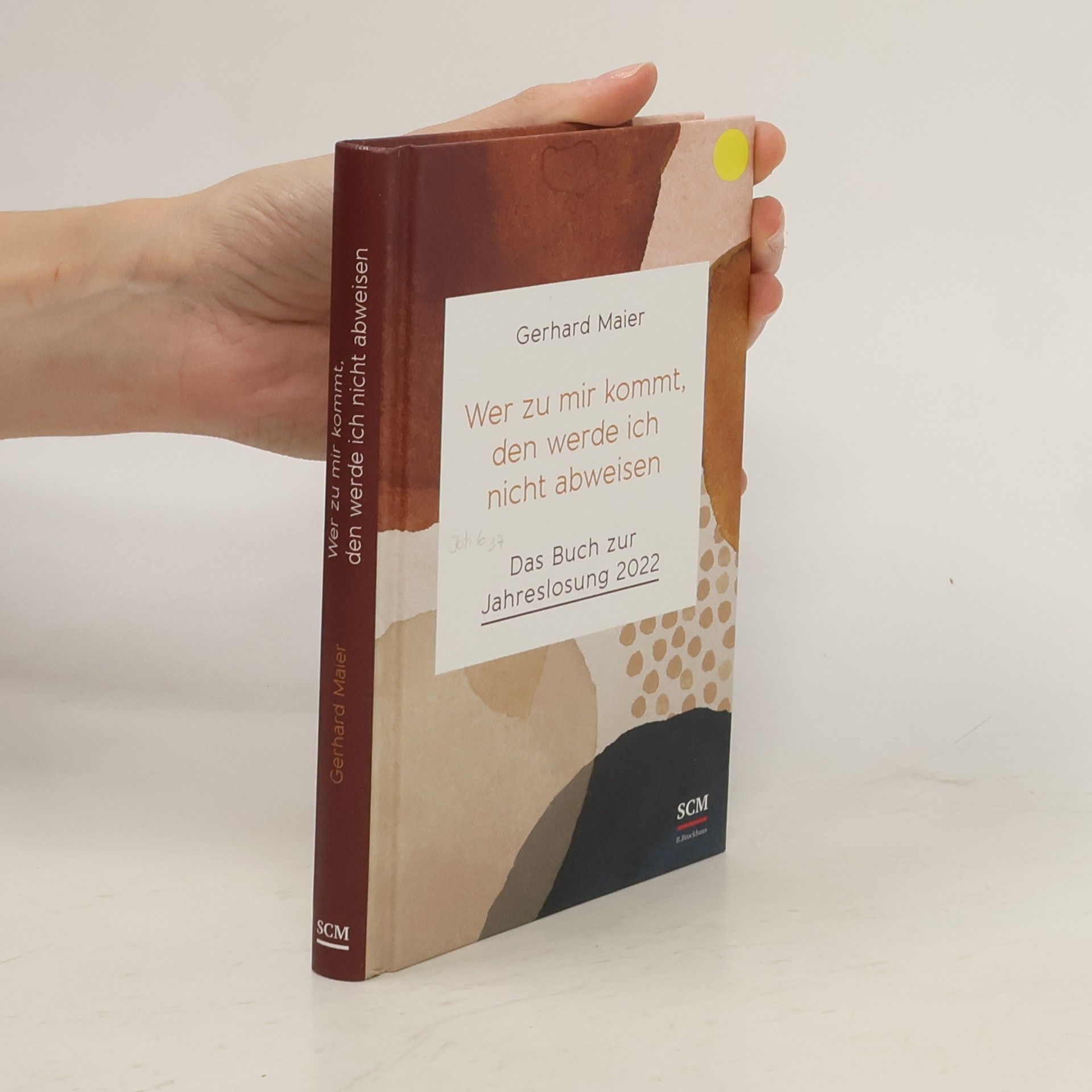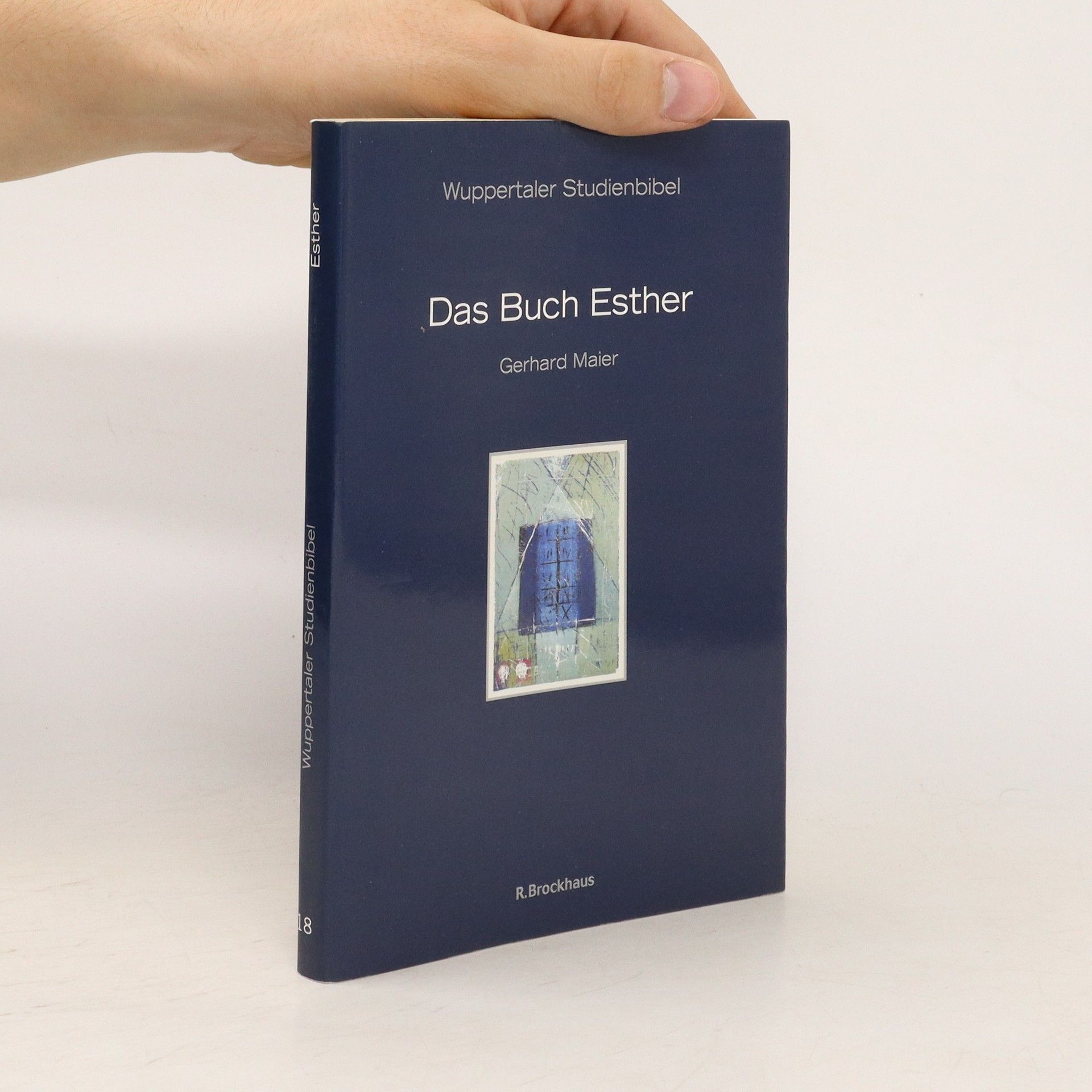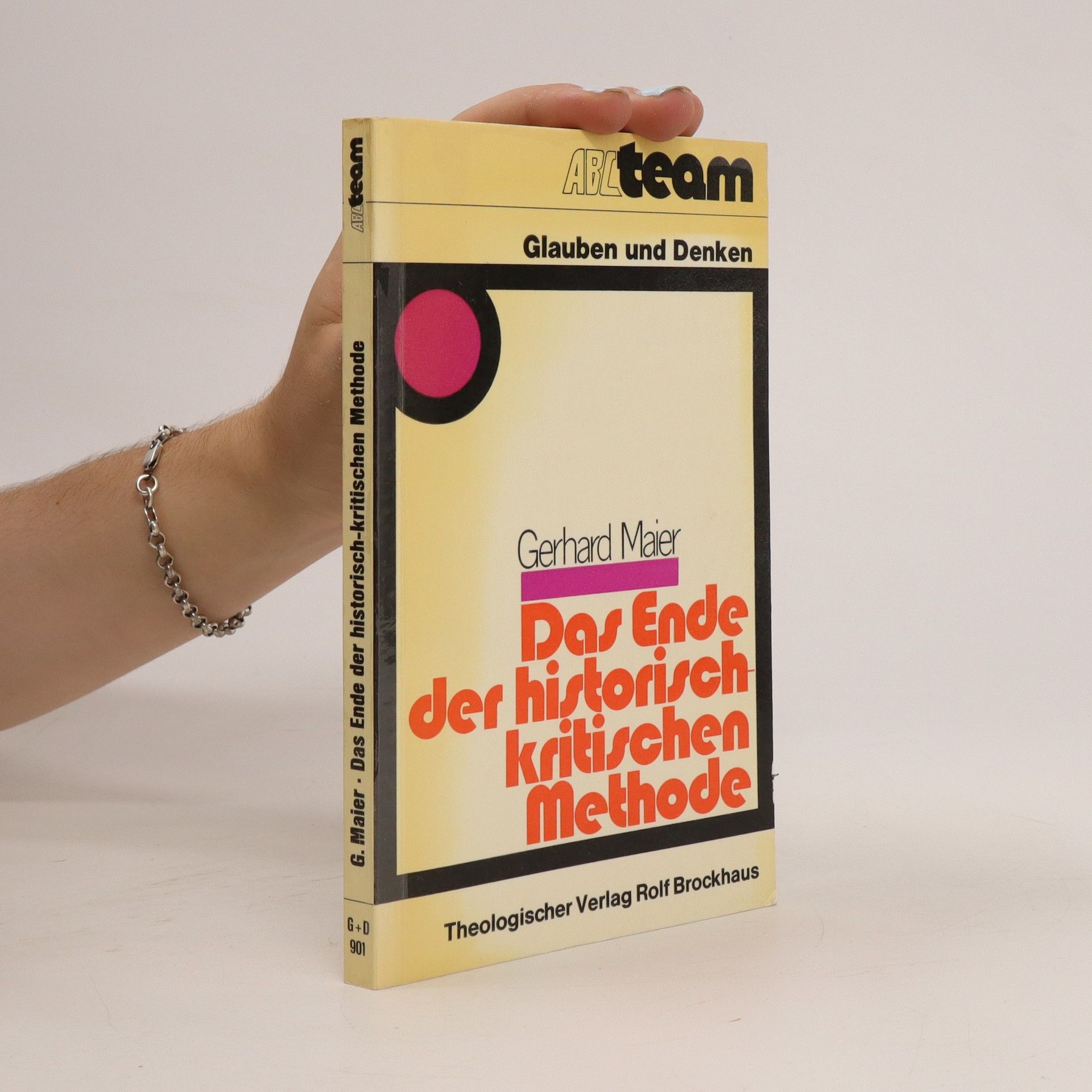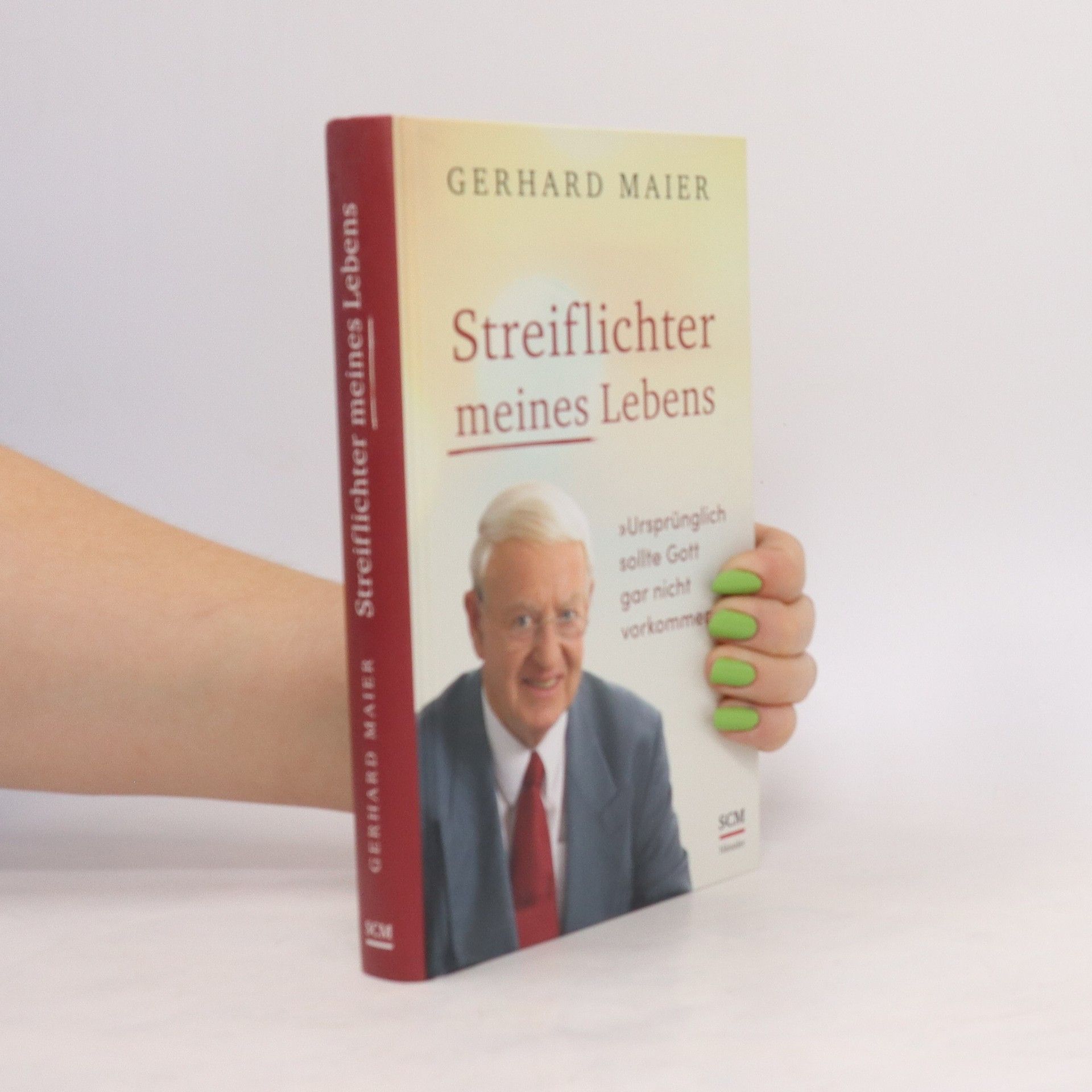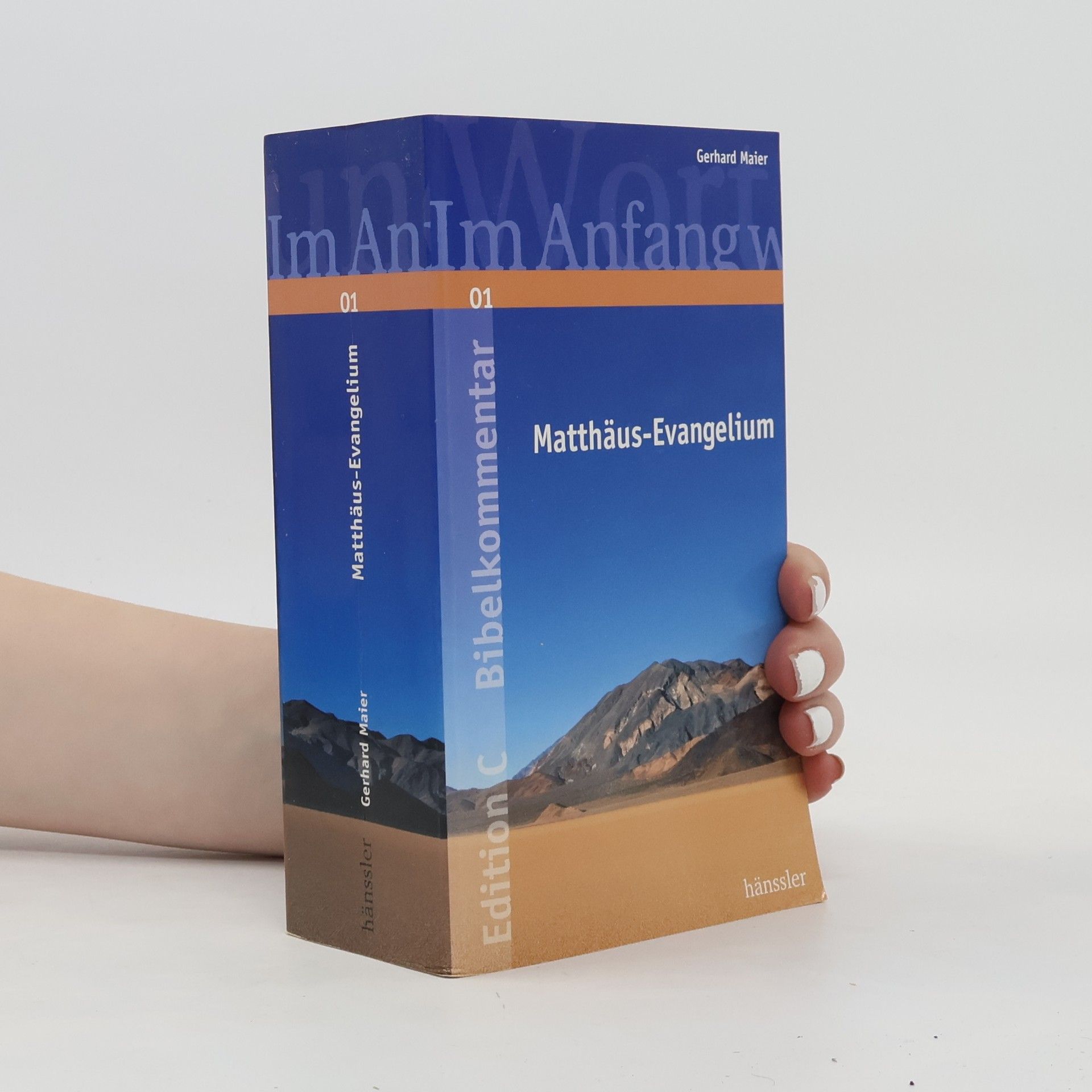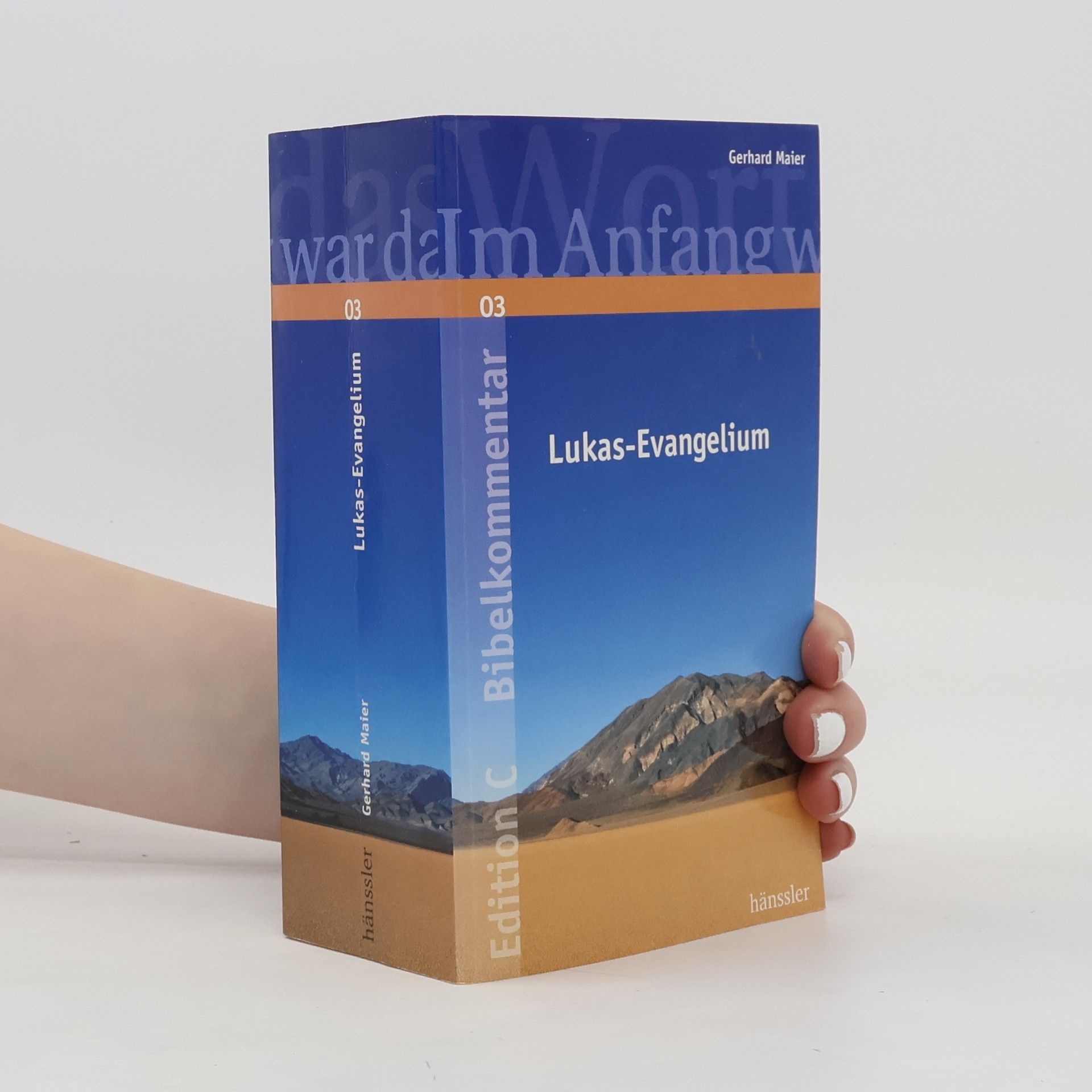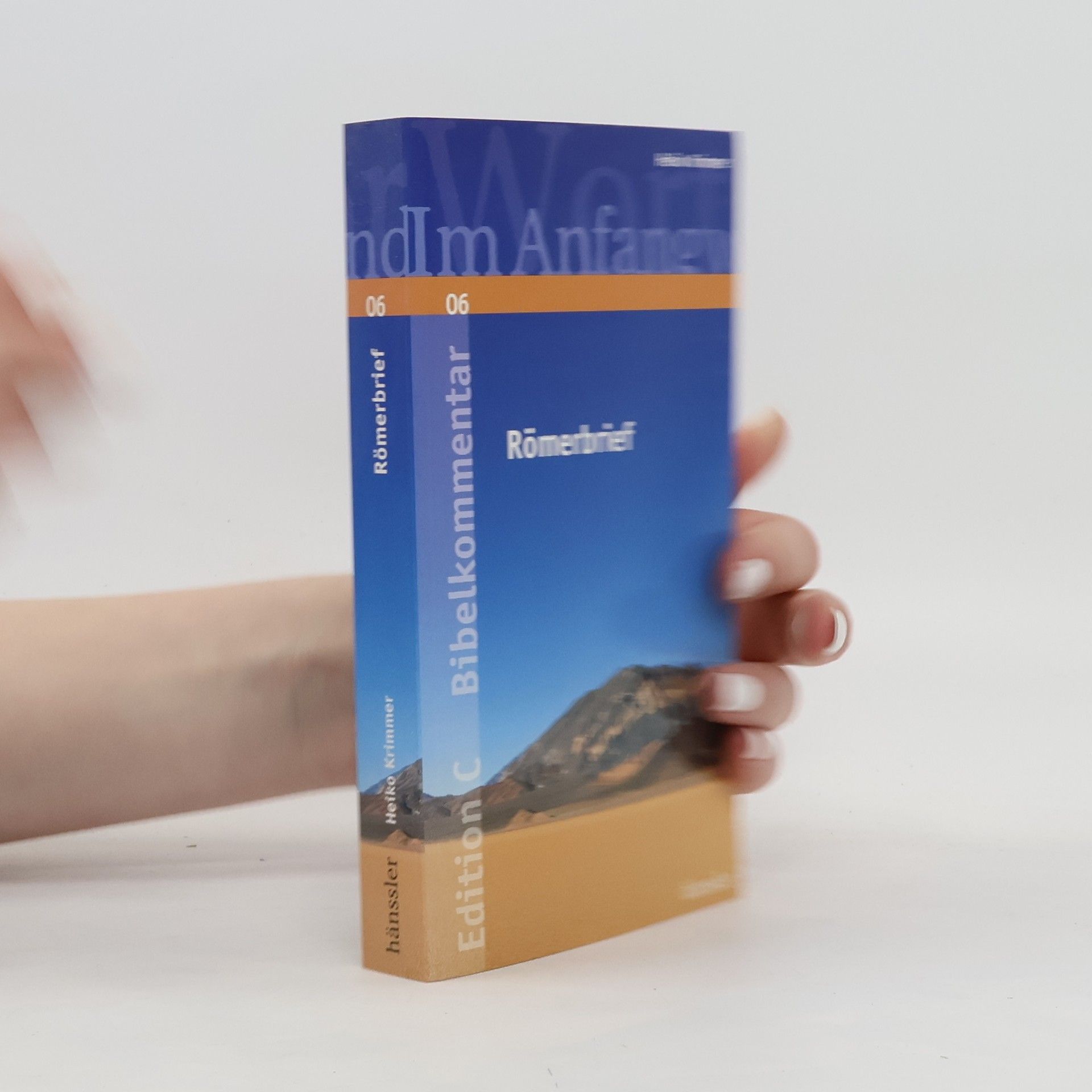Die Offenbarung des Johannes, Kapitel 12-22
- 544 pages
- 20 hours of reading
Die präzise historische Erklärung bietet eine wissenschaftliche Gründlichkeit, die Brücken zur kirchlichen Gegenwart schlägt. Dabei wird die Auslegung so gestaltet, dass sie die Praxis von Verkündigung und Seelsorge berücksichtigt, was eine praxisnahe Anwendung der theologischen Erkenntnisse ermöglicht.
